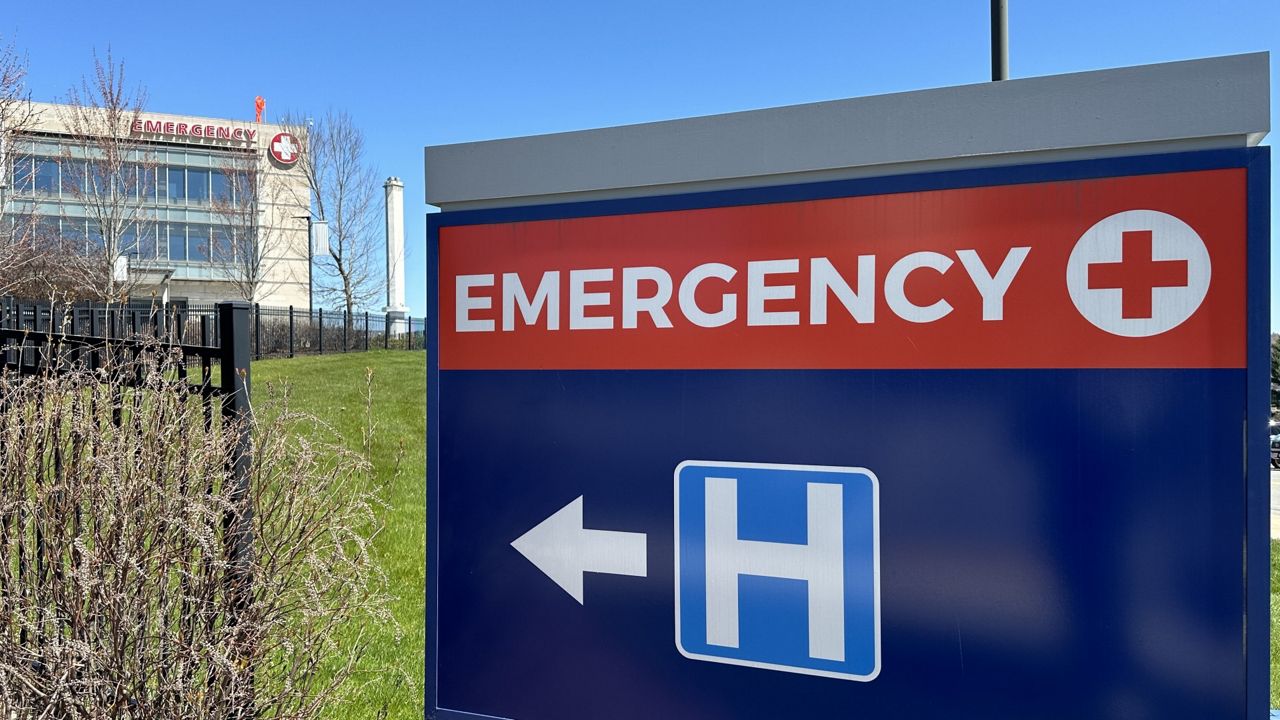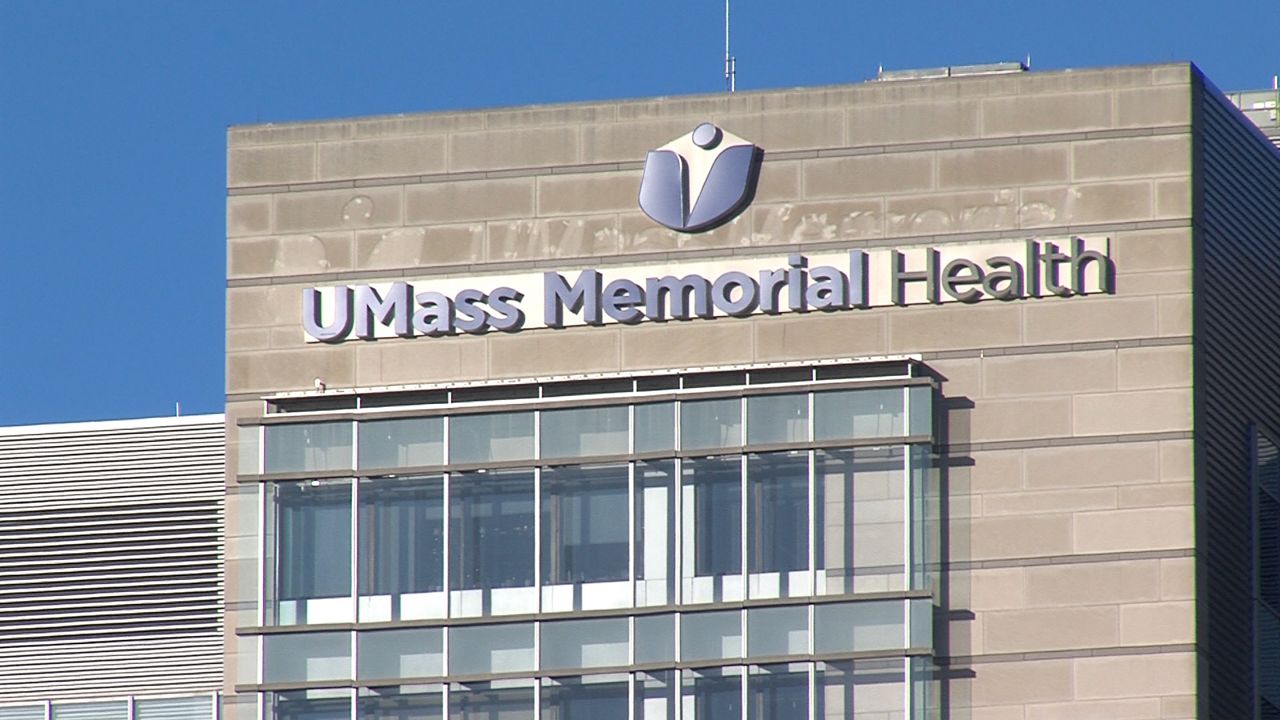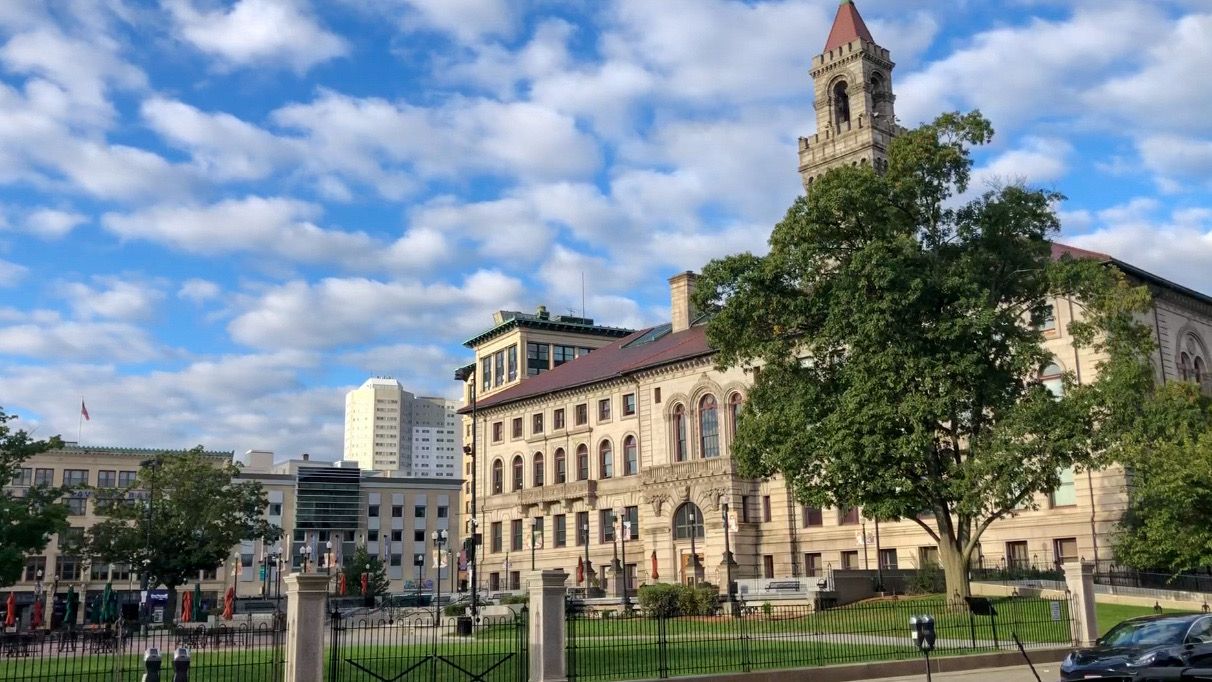WORCESTER, Mass. - The COVID-19 pandemic left a lasting mark on hospital systems across the country and the world.
UMass Memorial Health president and CEO Dr. Eric Dickson said COVID-19 was and still is unchartered territory. People weren't sure what to do, or what was coming ahead.
"In emergency medicine, we train in disaster medicine," he said. "The first rule in disaster medicine is you have to put someone in charge and empower them to make decisions and I think that was lacking.”
Dickson said Massachusetts lacked emergency coordination. During the first surge, he remembers Massachusetts as one of the hardest hit states. He said there were long days and sleepless nights, with no end in sight.
"I remember one night during the first surge, where we were completely out of ICU beds," Dickson said. "I went to bed worrying about where we were going to put that next patient. We had no drugs, no information about how to treat this disease."
Dickson had weekly phone calls with then-Gov. Charlie Baker and other hospitals to make decisions as fast as possible. Eventually, social distancing, masking and vaccines are all being used to try and fight the virus. Field hospitals, like the one at the DCU center, quickly becoming a safe space for patients.
"What they had to do was take a convention center and convert it to an ICU and hospital with about 200 beds, " Dickson said. "Ultimately, the field hospital cared for about 1,000 people with COVID."
Inside places like the field hospital, thousands of health care workers on the front lines dressed in PPE, taking caring of others. But now, Dickson said as pre-pandemic paperwork and processes return, more workers are getting out of the field.
"People that have been through the pandemic just aren't willing to put up with that anymore,” he said. “I hear it from especially primary care doctors all the time, ‘I don't feel like I am a primary care doctor, I feel like I am a pre-authorization specialist, constantly filling out forms.’”
Dickson said we've come so far, we've learned so much and we are better prepared, but the workforce the health care industry had before the pandemic is nowhere near what they have today to fight the next crisis that comes our way.









